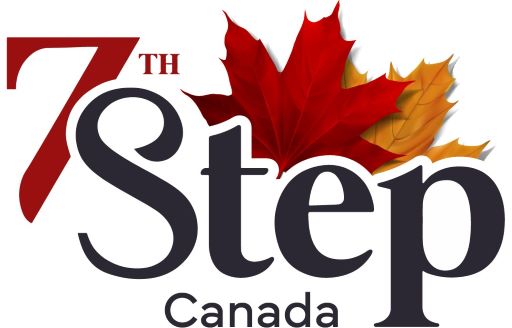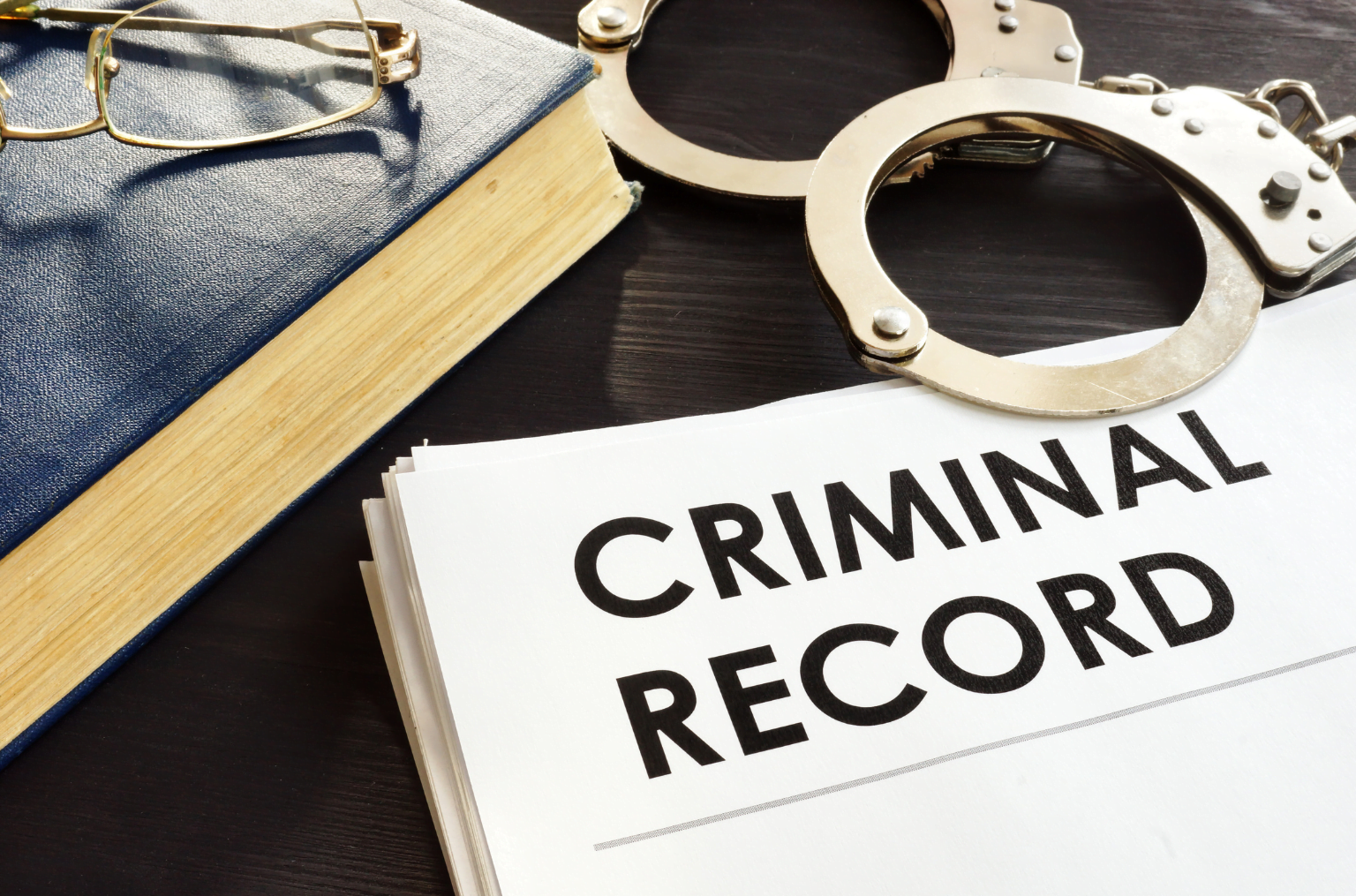(This news item appears on the CBC News web site at: https://www.cbc.ca/news/canada/nova-scotia/advocates-say-canada-pardon-process-needs-work-1.7063138)
Application fee was lowered in 2022, but they say more changes are needed
When Steven Deveau describes his frustration with the process to suspend a criminal record, he keeps coming back to two women.
The women were hoping to attend a nursing program. But because of their records from past convictions — and small unpaid fines related to those convictions — they were barred from applying.
They came to Deveau seeking help with a record suspension. He’s a case manager with Pardon Me, a free service based in Dartmouth, N.S., that began offering peer support for people going through the record suspension process last year.
But Deveau had to tell them they weren’t eligible.
“When we have these barriers, then we’re really keeping people out of the workforce, and where they got that momentum going with changing their lives, it’s very discouraging.”
In Canada, the record suspension process is lengthy and complicated, and many Canadians continue to encounter barriers to work, school and housing. While changes have been made to streamline the process, advocates say there’s more work that needs to be done.
“Let’s stop giving people life sentences,” said Deveau. “Because that’s what we’re doing, right? We’re giving people life sentences in the community.”
‘The stigma … is massive’
In Canada, criminal record suspensions, also known as pardons, require waiting five years for a summary offence, and 10 years for a more serious conviction. The clock only starts on this timer once the sentence is completed — including payment of all fees or fines, even when those fines are as small as $15 or less, as was the case for the women Deveau tried to help.
Record suspensions do not erase the conviction, but prevent the information from being shared.
In 2022, the government reduced the application fee for a record suspension from $650 to $50, and allocated $18 million in funding to organizations helping people navigate the process, including Pardon Me. But other reforms to the record suspension process — part of the federal Liberals’ commitments after being elected in 2015 — have not materialized.
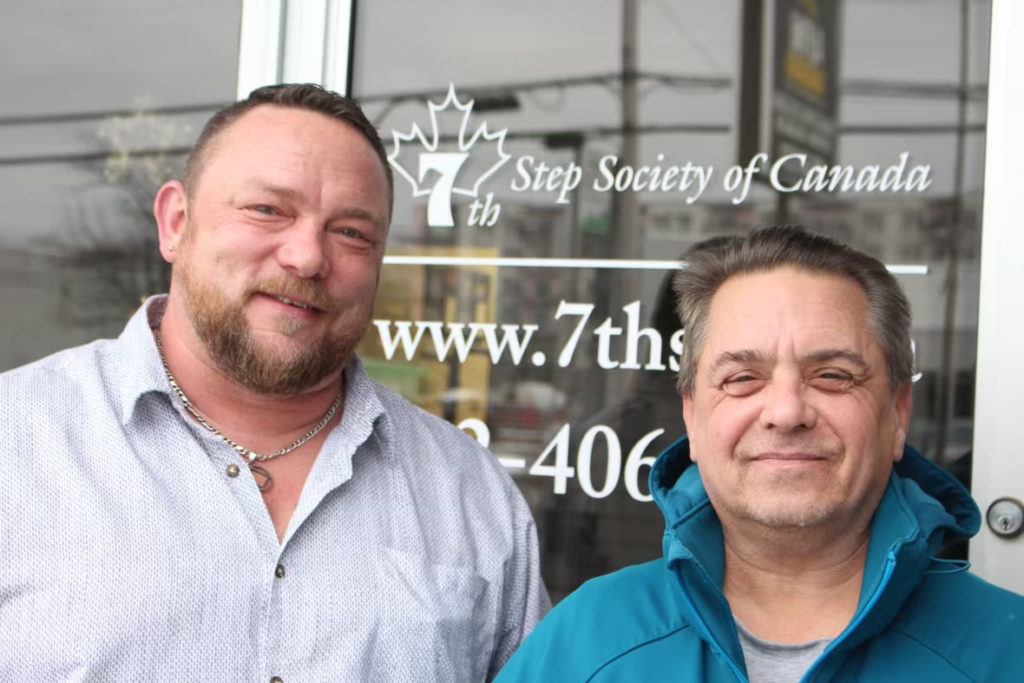
Pete Brown and Steven Deveau at the Pardon Me office in Dartmouth. (Moira Donovan)
Pete Brown, national program manager with the 7th Step Society of Canada, the charity running Pardon Me, said criminal records continue to prevent people from getting work. Increasingly, a record is also posing barriers to housing, as more landlords ask for criminal record checks from prospective tenants.
“The stigma that’s around people with criminal records is massive.”
Since starting a little over a year ago, Pardon Me, which has five people working at an office in Dartmouth as well as two in Alberta, has helped about 10 people secure pardons, and currently has roughly 150 applications in the system.
The Parole Board of Canada said third-party companies or lawyers may charge high fees and aren’t required for an application. The federal agency said people can apply directly and access the required forms online, as well as information about avoiding common mistakes and tips to guard against fraud.
‘There’s various frustrations’
Samantha McAleese is an assistant professor in the department of sociology at Brock University in St. Catharines, Ont., and a member of the Fresh Start Coalition, which includes about 90 organizations nationwide. She said many people abandon their applications without support.
“There’s various frustrations that people will experience that mean that they will just give up on the process.”
Others will think they need a lawyer or third-party company to help them — and many of the first results that pop up on a search for ‘pardons in Canada’ are for-profit companies with official-looking websites.
“So they’ll go to these companies thinking that that’s how you get a pardon because that’s the way they kind of market themselves, as the place to do that.”
A 2022 CBC investigation found that one of these companies — Canada Pardon Services — had taken $1,200 from a Quebec man without completing his pardon application. McAleese said in consultations with the federal government and in her PhD research, concerns with for-profit companies have come up repeatedly.
Brett Anderson has experienced these frustrations first-hand. In 2011, Anderson was convicted of marijuana possession and trafficking charges dating back to his late teens.
In 2019, seeking the ability to travel outside of Canada, the resident of Trenton, N.S., decided to seek a record suspension.
Anderson applied through an entity called Pardons Canada, which he thought was a government organization.
In 2021, Pardons Canada told him he had an unpaid fine relating to his charges, meaning the application couldn’t proceed. For Anderson, the fine was frustrating — he said he’d been to the courthouse in Pictou on several occasions to pay what he owed, and had never been told about the remaining fine.
After paying the fine, he asked Pardons Canada in 2023 why the process was taking so long — especially since Bill C-93, which simplified record suspensions for simple cannabis possession charges, potentially meant his record suspension could be expedited — and the company directed him to the Parole Board of Canada.
Speaking to a supervisor about his application, he found out the company had never submitted it.
“They’ve been making their own conclusions and not actually submitting the application to review by an actual government organization.”
‘Returning to square one’
Anderson said the company has closed his file and is refusing to return the $850 he paid.
Pardons Canada director Andrew Tanenbaum said in an interview that Anderson was rude and abusive, which is why Pardons Canada dropped him as a client.
Tanenbaum said the company returned Anderson’s paperwork, but the money he paid covers work that had already been done on his behalf.
“We’re not making it up,” said Tanenbaum. “We’re not submitting it to the Parole Board because they would reject it.”
As for Anderson, he said he’s returning to square one.
“I’m now 12 years from the conviction and I’m going to have to start again.”
Convoluted process creates issues
Ultimately, advocates say these issues are created by the convoluted record suspension process, which is why McAleese and other members of the Fresh Start Coalition are calling for an automatic suspension regime, where people’s records are automatically sealed after a period of time.
Public Safety Canada has consulted with groups on an automatic system, and independent Sen. Kim Pate also tabled a bill on an automatic record suspension process in 2020.
McAleese said advocates are currently in ‘wait and see’ mode as to where those developments will lead.
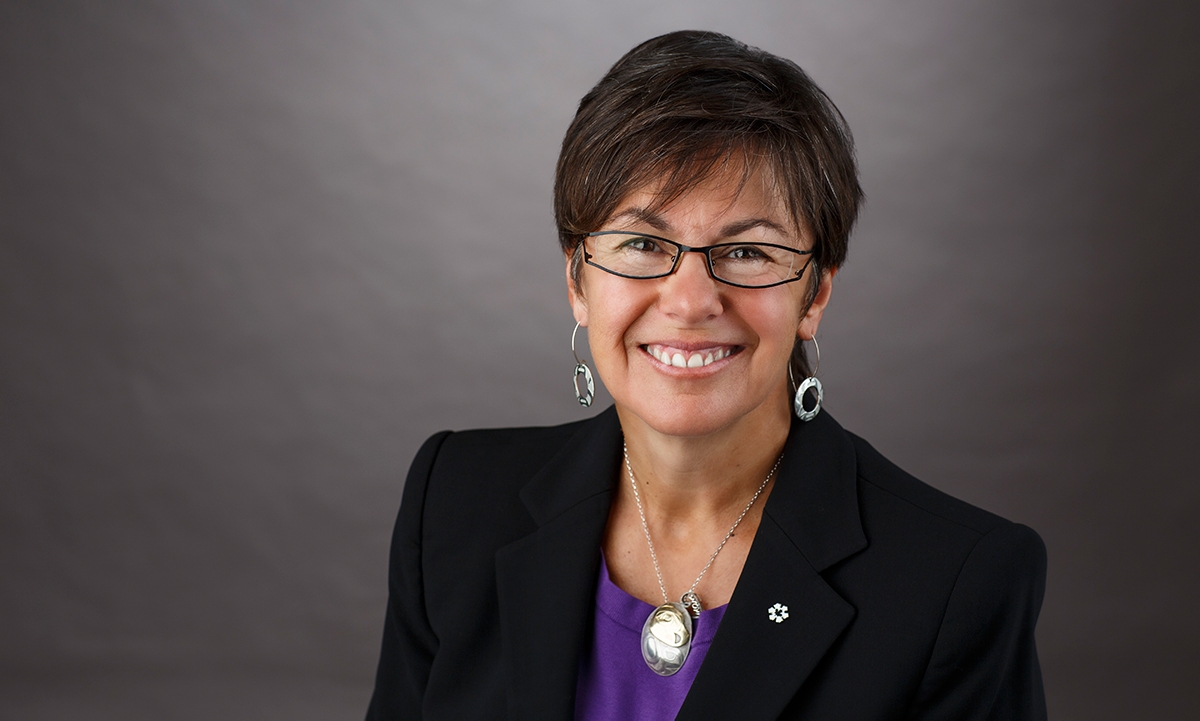
In 2020, Sen. Kim Pate introduced a bill that would see criminal records automatically sealed after a set period of time.
As for Pardon Me, Deveau said as long as people have to apply for record suspensions, there needs to be support to get them through the process. That’s been highlighted by the experience he’s had with his own application, which was 72 pages long.
“We’ve got to support people in this journey — there’s no way I could have done that by myself,” he said. “It was just such a weight lifted off.”
A poignant example of why lifting this weight matters, Deveau said, is the fact many of the people he’s helped have been seniors.
“It’s pretty incredible though when you think that this stuff has followed people their whole lives and how that’s played on their well-being, their self-esteem, their self-worth,” he said. “To always be a criminal, never a human being.”
